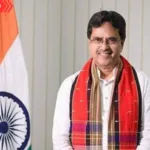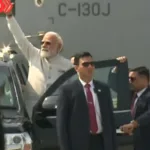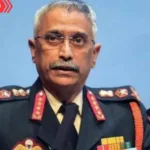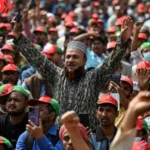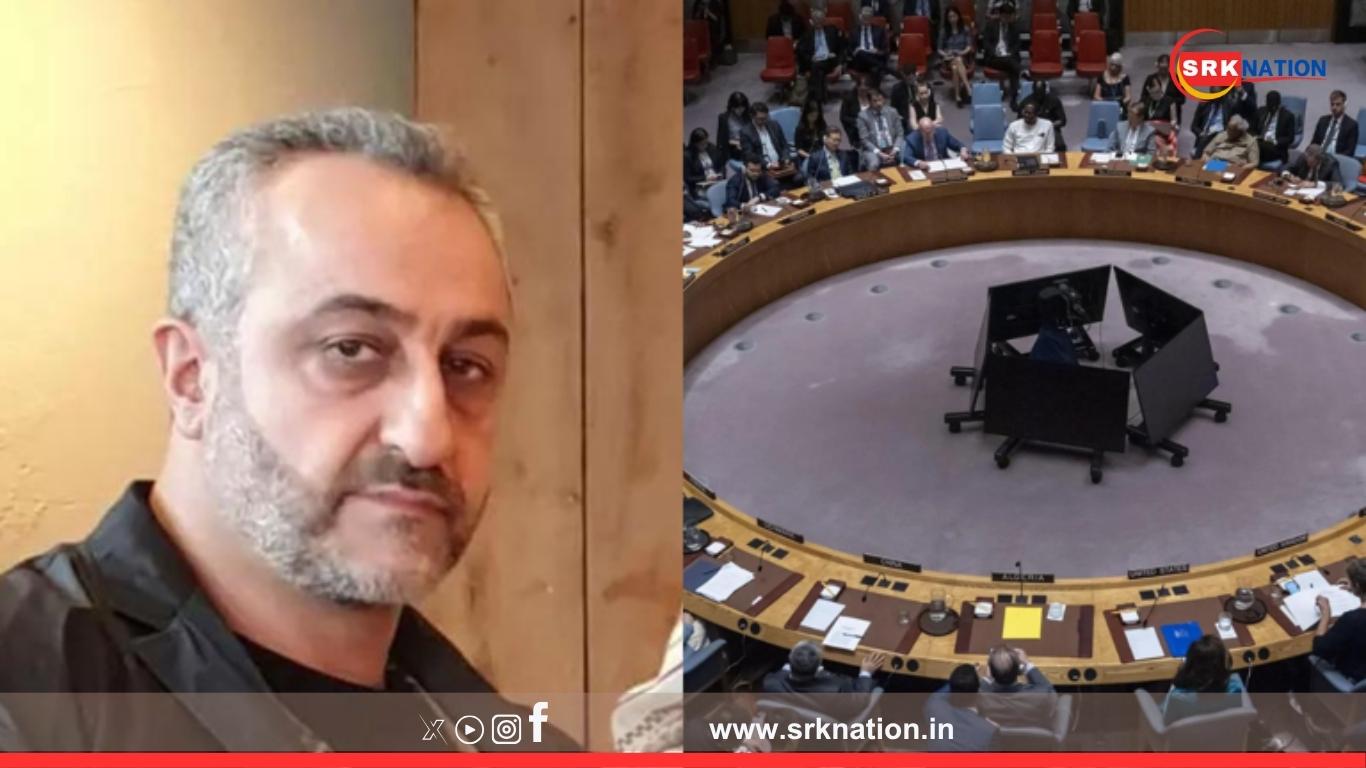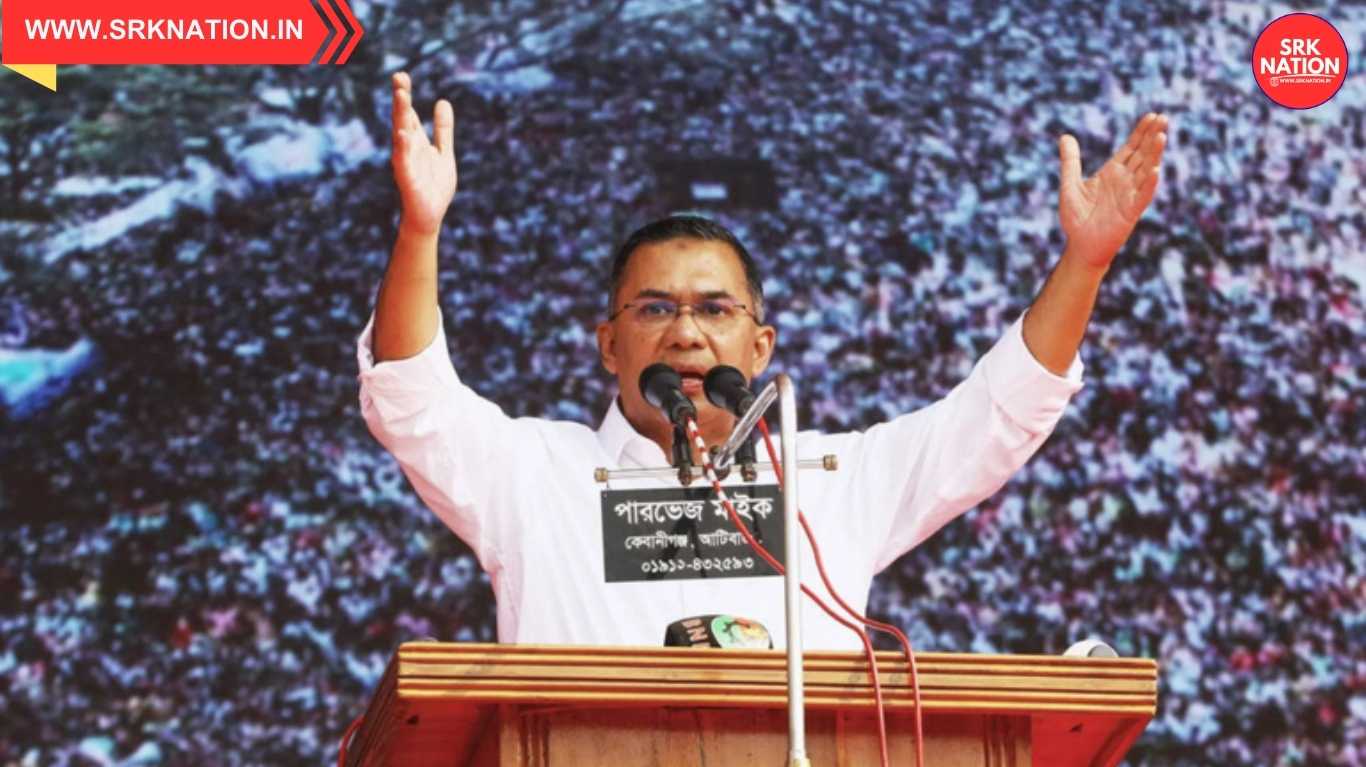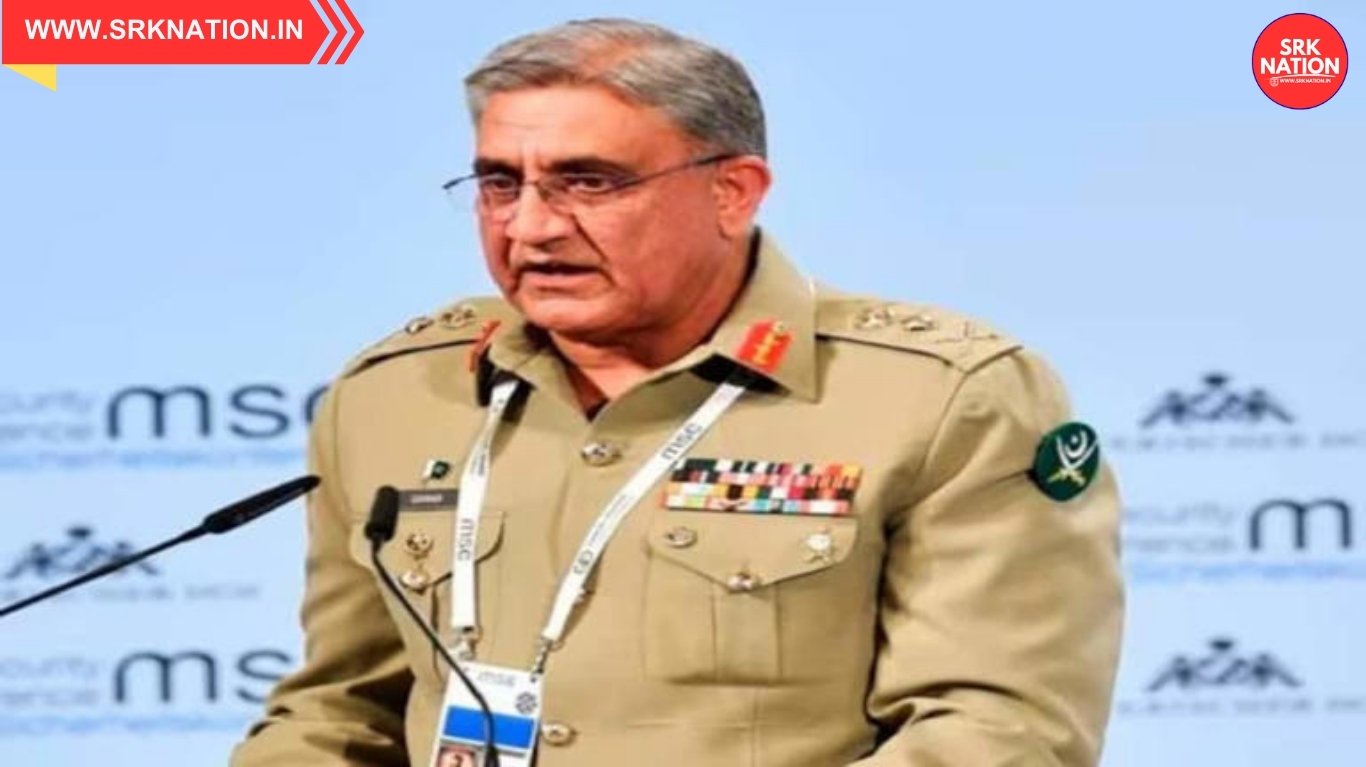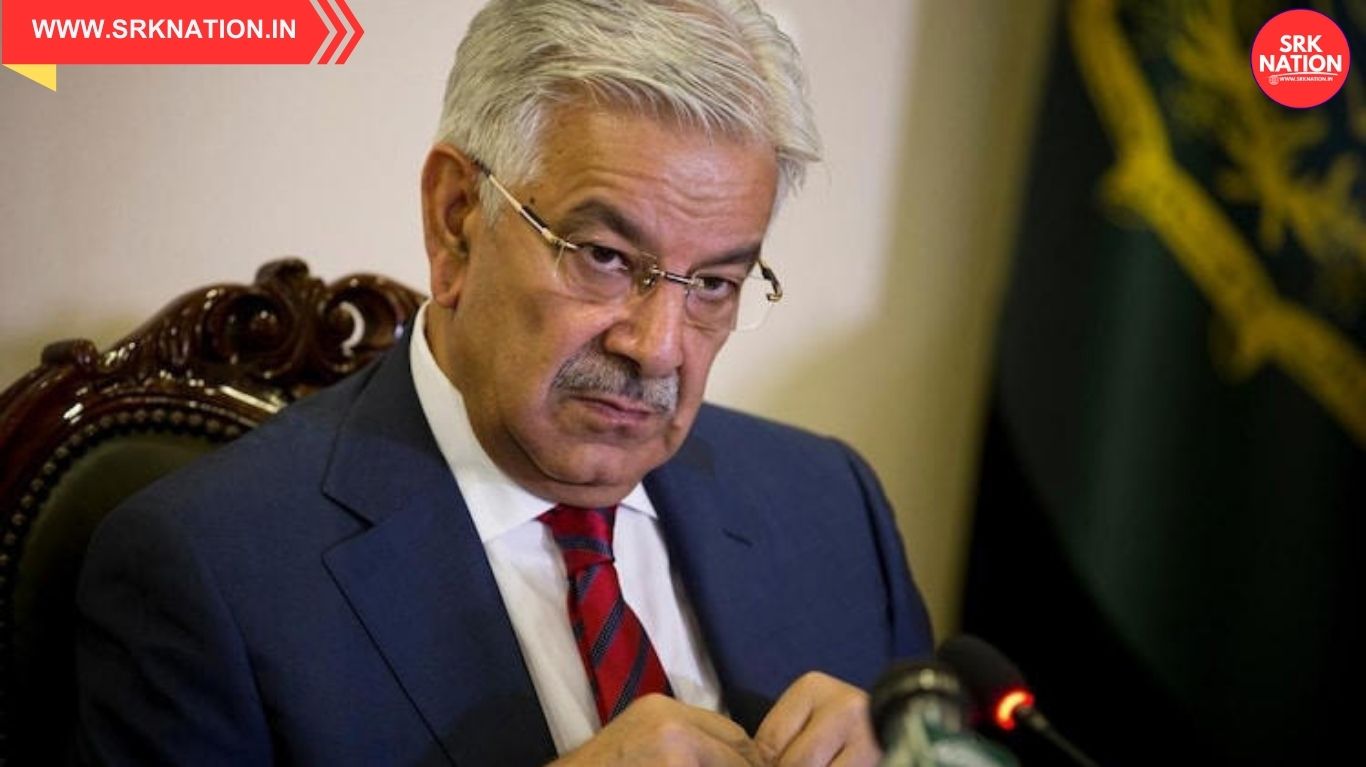United Nations, July 4, 2025:
Pakistan has formally assumed the presidency of the United Nations Security Council (UNSC) for the month of July, marking a significant diplomatic moment for Islamabad. However, this development has triggered strong criticism from exiled Baloch leader and Free Balochistan Movement (FBM) chairman Hyrbyair Marri, who alleged that the UN’s credibility is at stake due to Pakistan’s continued human rights violations in Balochistan.
Pakistan’s permanent representative to the UN, Ambassador Munir Akram, took over the rotational presidency during an official ceremony at UN headquarters in New York. The presidency provides Pakistan with the power to set the agenda, preside over meetings, and steer discussions on key global security issues throughout the month.
Hyrbyair Marri’s Strong Statement
Reacting sharply to Pakistan’s assumption of UNSC presidency, Hyrbyair Marri issued a statement condemning the UN decision as “a betrayal to oppressed nations.” The exiled Baloch leader, who lives in London, said:
“The United Nations has allowed a state that practices genocide and ethnic cleansing against the Baloch people to preside over the Security Council. It is a moral disaster. The UN’s credibility is at risk as Pakistan uses global platforms to legitimise its occupation of Balochistan.”
Marri accused Pakistan of gross human rights violations including enforced disappearances, extrajudicial killings, and systematic economic exploitation in Balochistan. He called upon the UN member states to question Islamabad’s credibility as a peace guarantor.
Overview of Balochistan Conflict and Allegations
Balochistan, Pakistan’s largest province by area and richest in natural resources, has witnessed insurgency and separatist movements since 1948, seeking independence or greater autonomy. Key issues highlighted by Baloch leaders include:
- Enforced Disappearances: Human rights organisations estimate over 7,000 Baloch activists, students, and civilians have disappeared over two decades.
- Extrajudicial Killings: Reports of dumped dead bodies with torture marks have emerged frequently.
- Economic Exploitation: Despite housing copper, gold, gas, and mineral reserves, Balochistan remains the least developed province. Locals allege that mega projects like Gwadar Port and Saindak mining benefit external actors while indigenous communities face displacement and poverty.
- Cultural Suppression: Baloch nationalist groups accuse Islamabad of promoting demographic change and undermining Baloch identity through militarisation.
Pakistan’s Defence at the UN
Pakistan has consistently rejected these allegations, branding Baloch insurgent groups as terrorist organisations backed by hostile foreign intelligence agencies. During earlier UN sessions, Pakistani representatives described Balochistan’s development projects as models of economic upliftment under the China-Pakistan Economic Corridor (CPEC).
Pakistan’s Priorities for UNSC Presidency
Ambassador Munir Akram outlined Islamabad’s priorities for its UNSC presidency:
- Conflict Prevention: Focus on mediation and resolution in ongoing crises including Gaza, Ukraine, and Sudan.
- Climate Security: Highlighting climate change as an existential security threat to developing countries.
- Peacekeeping Reforms: Strengthening safety of UN peacekeepers, a domain where Pakistan is among top troop-contributing nations.
- Islamophobia: Advocating for protection of Muslim communities worldwide.
Akram stated that Pakistan will chair high-level open debates on these themes during July to promote dialogue, consensus, and multilateralism.
Hyrbyair Marri’s Counter to Pakistan’s Narrative
Hyrbyair Marri dismissed Pakistan’s stated UNSC priorities as “propaganda” masking its domestic record. He said:
“A state that bombs its own citizens, abducts students, and sells resources to China at the cost of local livelihoods cannot preach about peace, climate justice, or human rights.”
He urged UN member states to raise the issue of Balochistan during Pakistan’s presidency month to expose “its crimes against humanity.”
Baloch Diaspora’s Global Campaign
The Free Balochistan Movement announced a month-long global campaign against Pakistan’s UNSC presidency, including:
| Event Type | Locations | Tentative Dates |
|---|---|---|
| Peaceful protests | London, Berlin, New York, Toronto | July 6-20 |
| Digital awareness drives | Global | Throughout July |
| Public seminars | British Parliament, European Parliament | July 14, July 21 |
| Petition submission to UN | New York | July 25 |
FBM spokespersons stated these campaigns will aim to:
- Highlight human rights violations in Balochistan
- Demand UN intervention for self-determination referendum
- Counter Pakistan’s “misinformation campaigns”
Historical Context: Pakistan’s Previous UNSC Presidencies
Pakistan has served as UNSC president previously in:
| Year | Key Outcomes |
|---|---|
| 2003 | Advocated for peacekeeping reforms; held debates on Africa’s security challenges |
| 2012 | Hosted open debate on counter-terrorism and regional peace initiatives |
Observers note that Pakistan uses UNSC presidencies to strengthen its international stature despite facing domestic insurgencies and regional tensions.
Geopolitical Reactions
- India: While there is no official Indian statement yet on Pakistan’s current presidency, New Delhi has consistently highlighted Pakistan’s role in cross-border terrorism at the UN. Analysts expect India to counter any attempt by Pakistan to internationalise the Kashmir issue during its presidency.
- China: A strategic partner of Pakistan, Beijing welcomed Islamabad’s presidency, stating it will enhance multilateral cooperation within the UN framework.
- US and EU: Western diplomatic circles are likely to maintain cautious engagement, focusing on UNSC’s urgent global agendas like Ukraine and Gaza crises rather than Pakistan’s domestic policies.
Analysts’ Perspective on Pakistan’s Presidency Impact
Experts suggest that while UNSC presidency is largely procedural and rotational, it gives Pakistan a symbolic diplomatic advantage. However, the simultaneous rise in human rights allegations could dent its credibility.
Key points highlighted by analysts:
- Soft power opportunity: Pakistan will project itself as a responsible global actor despite regional and domestic crises.
- Baloch narrative challenge: Activist campaigns may counter Islamabad’s image-building efforts.
- Limited scope for agenda setting: Procedural limitations prevent major agenda changes, but presidential influence can highlight Pakistan’s focus areas.
The UN’s Balancing Act
The United Nations faces criticism for allowing states with internal conflict records to hold UNSC presidencies. However, experts clarify that the presidency is rotational among elected non-permanent and permanent members, and denying any member on domestic grounds would require structural reforms in UN rules.
Way Forward for Balochistan Issue at UN
Hyrbyair Marri urged the UN Human Rights Council to:
- Establish an independent inquiry commission to investigate enforced disappearances and extrajudicial killings in Balochistan
- Facilitate dialogue for Baloch self-determination as per international law
- Ensure multinational corporations involved in resource extraction respect indigenous rights under UNDRIP (UN Declaration on the Rights of Indigenous Peoples)
Conclusion
As Pakistan presides over the UN Security Council this month, it faces both an opportunity to assert its diplomatic presence and challenges from Baloch and other activist groups questioning its moral authority. The global community will watch whether Islamabad’s presidency focuses solely on global issues or addresses growing concerns over its domestic human rights record, including the longstanding crisis in Balochistan.
Disclaimer: This report is based on official statements, activist briefings, and diplomatic analyses. It does not express personal opinions or recommendations.


